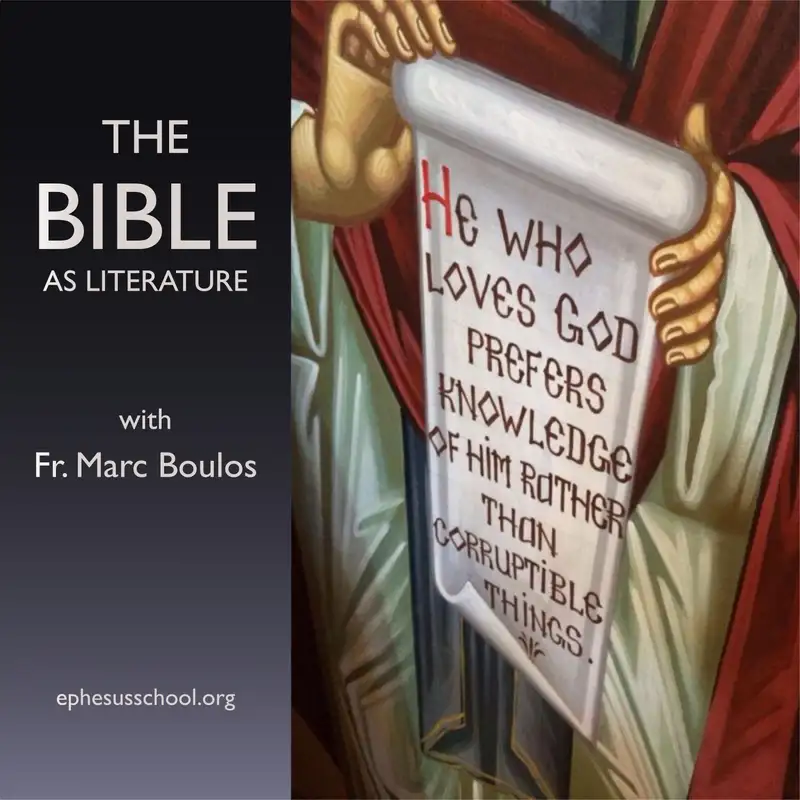
Power Referential
When you hear someone say, “If we just stick together,” it is always spoken by an individual. In truth, this individual is saying, “If you just stick with me, I will provide an outcome, and ensure a benefit.”
That mechanism—“stick with me and I will provide”—is, in fact, what St. Paul describes as the power of death.
It is a threat. Stick with me or else.
The use of the pronoun “we” cloaks death in the garment of connection. This threat is the same evil “we” that funds death while giving campaign speeches about "sticking together.”
It is the anthem of fascism. Can you hear its song in your music?
Never “go back” to what?
You are already what you fear.
There is no question that care for the flock is paramount in Scripture. Love of neighbor and table fellowship are the only matter at hand in the commandment. The problem is, who is the “I” of the matter, that you cloak with your idolatrous “we”?
To whom does the flock pertain?
Colonial scholars get caught up with the Twelve Tribes in the Old Testament...but “there is only one Shepherd in the Bible, which means one flock, no matter how many tribes you find.” (Dark Sayings, p. 84)
That’s why the Scribes and the Pharisees were looking for a reason to accuse Jesus in Luke; that’s also why Jesus understood their intention. Not because he was a mind reader—but because reactionary, insecure people who believe in their own values and are willing to ignore human suffering to cling to power in defense of their fake “we” are easy to understand.
You do not need a degree in psychology to predict their thoughts, let alone their next move.
All you need do is emasculate them; liberate what they have bound up; and tear down down what they have built up.
Nonviolently, with much love, and in a spirit of fellowship.
You can’t do that in congress, Habibi. But you can do it in Scripture.
This week, I discuss Luke 6:8-11.
(Episode 529)
